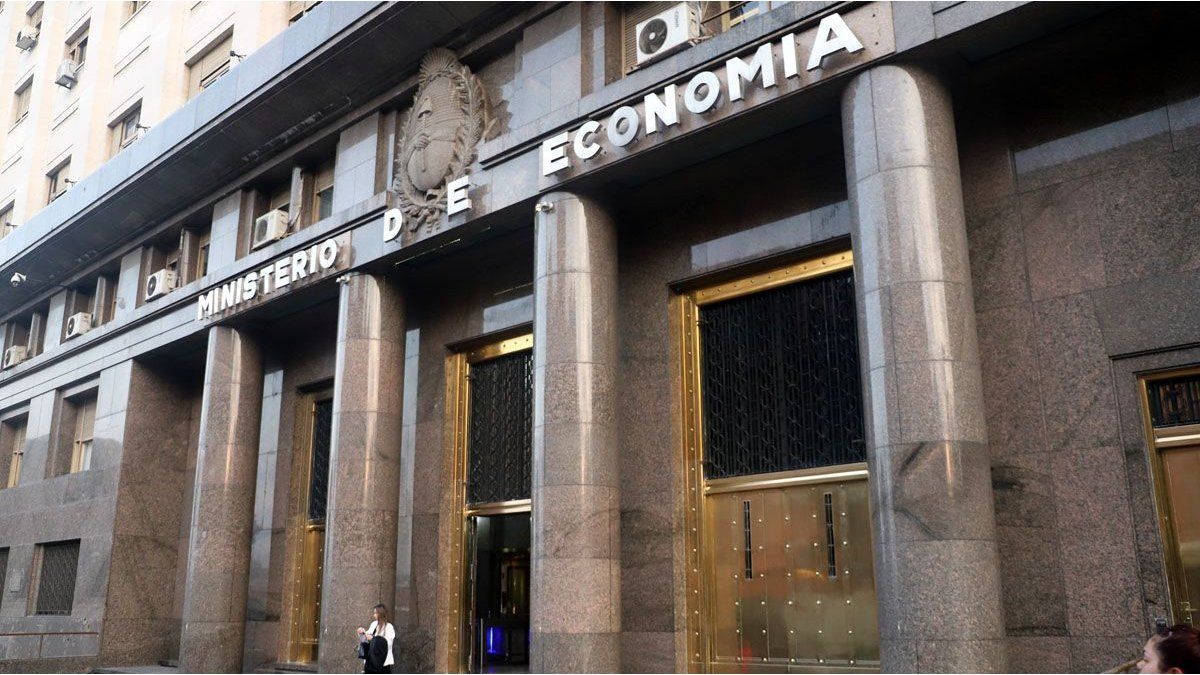The price of Petroleum closed the week on the rise, amid market fear that the conflict between Israel and Hamas, a situation that could have its impact on the value of the fuels that offers Ancap in Uruguay.
The regionalization of the war conflict in Middle East puts the value of crude oil in check. Global markets are concerned that the war could extend over several weeks, but also that other countries such as Saudi Arabia, the largest producer worldwide.
During the day on Friday, the barrel of oil Brent for delivery in December increased by 5.68% and reached $90.89, crossing the $90 threshold for the first time in ten days. In turn, the crude West Texas Intermediate (WTI) for delivery in November rose 5.76%, reaching $87.69.
On war, possible regionalization and its impact on the value of oil, Phil Flynn, of Price Futures Group, He explained to AFP that “the entry of Israel in Loop”, as well as the possible intervention of other nations in the armed conflict.
According to International Energy Agency (EIA), the energy market is full of “uncertainty”, but without the war having a direct impact on physical supply. In fact, there was an increase in the national production of Petroleum in USA, which jumped more than 300,000 barrels per day to 13.2 million barrels per day.
What impact can it have in Uruguay and what is the situation of Ancap?
These increases in the price of oil will have a direct impact on the country, which is an importer of crude oil and gas, even more so if the Ancap conflict over the stoppage at the refinery is taken into account. The Tile and its inability to absorb costs in the coming months.
The state company imports oil at the reference prices of Brent crude oil, which is traded on the stock exchange. London. This value is decisive to establish the report of International Parity Prices (PPI) that prepares the Ursea every month and which is used by Executive to decide the rates of sale to the public of the naphtha, he gasoil and the supergas, with increases in the last three months.
The president of Ancap, Alejandro Stipanicic, warned that the country lost the back of the state company and pointed out that “by not having the refinery operating, Uruguay “It loses the ability to moderate the rise in international prices.” That is why “today, for the first time in two years, it is selling exactly at import parity,” reflected the leader.
Stipanicic He also recalled that the firm was selling “cheaper than the price set in the market,” something for which the oil company stopped charging 450 million dollars, a consequence of the profit margin generated by the refinery.
Source: Ambito




